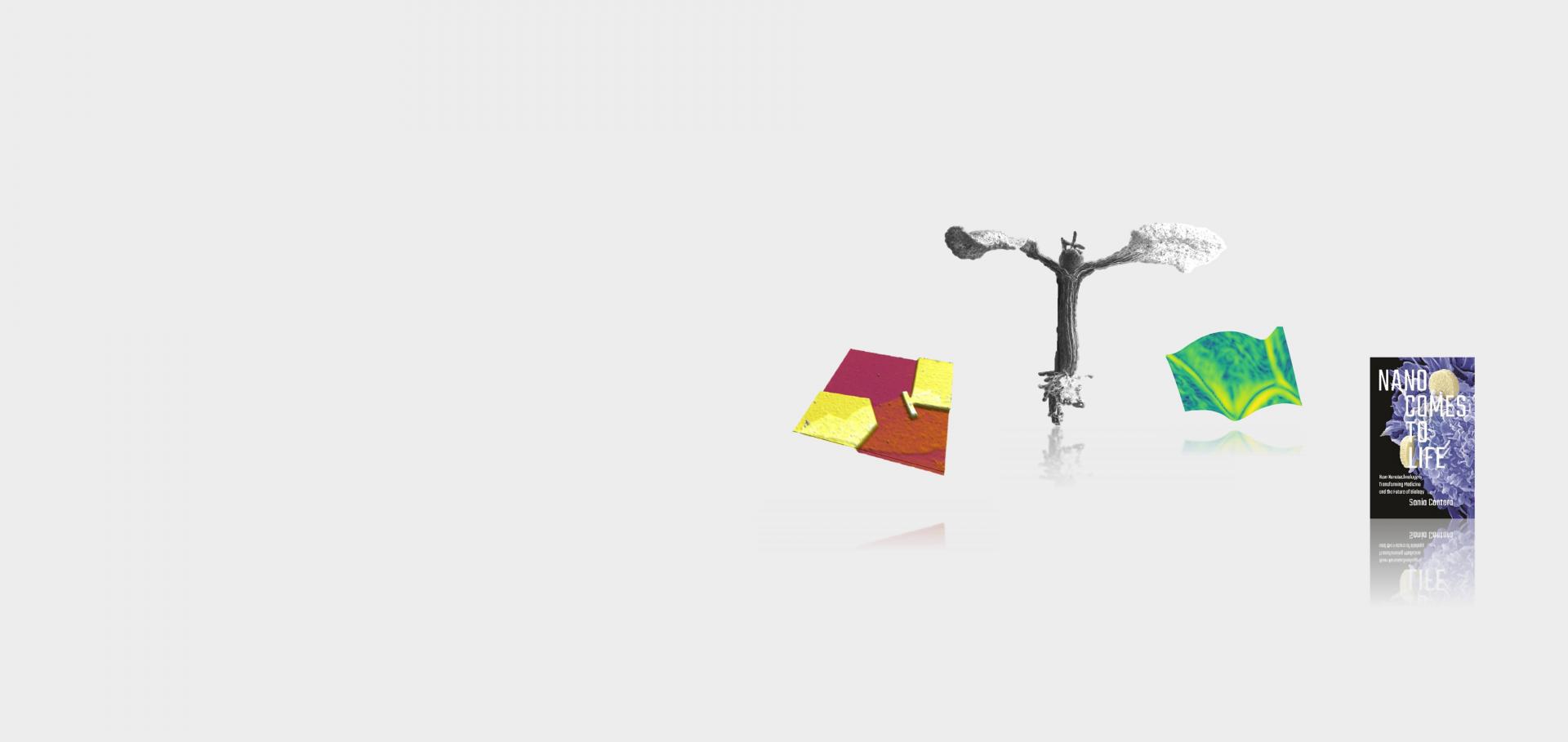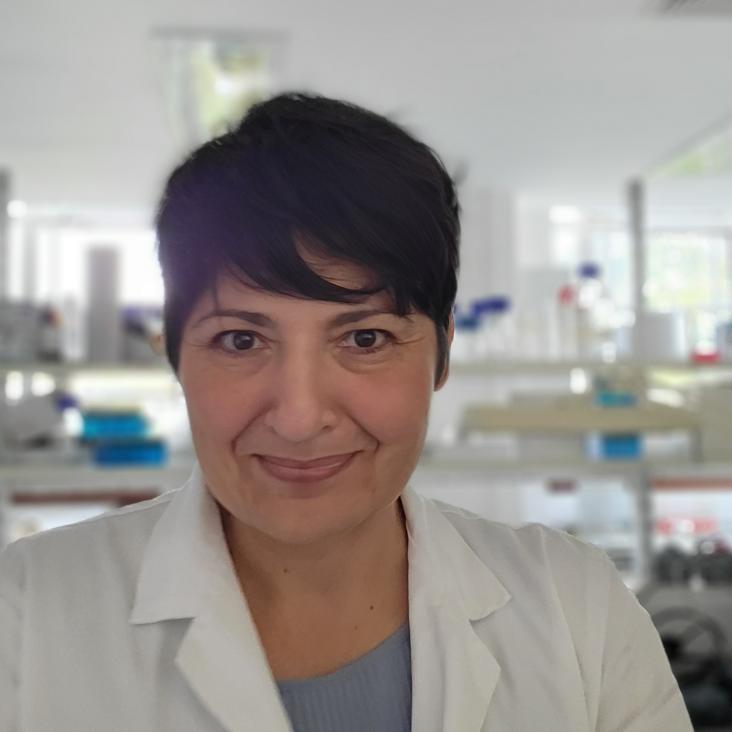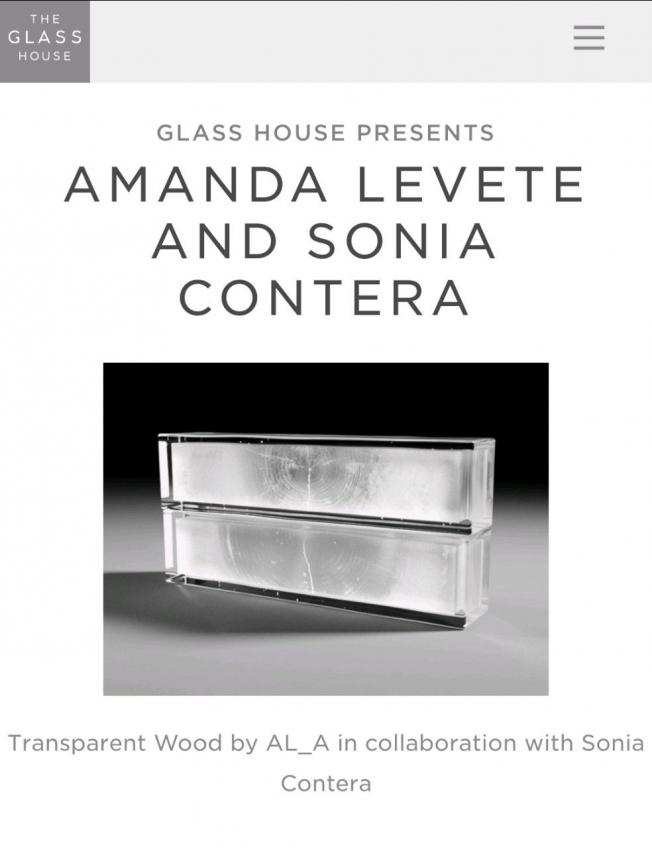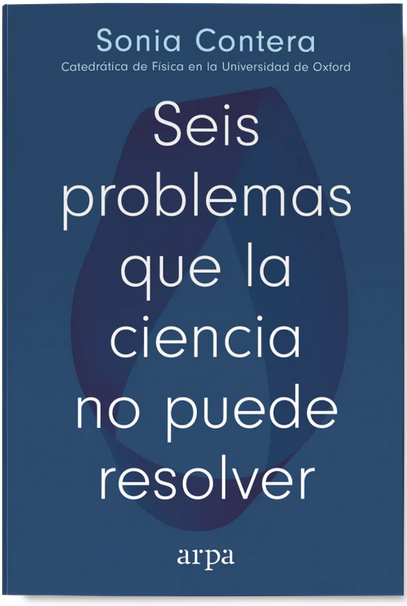I am a Full Professor of Biological Physics.
I work on physics at the interface of biology, nanotechnology, and information processing. I am an expert in atomic force microscopy of biological systems and have a special interest in the role of mechanics in biology.
My interest in matter at the nanometre scale led me from a PhD at Osaka University (Japan) on the physics of nanostructures, to biology. My multidisciplinary journey is a quest to interrogate how matter entangles itself with its environment, storing information in time and space, to create (and sometimes to compute) complex structures (from the nanometre scale up) that are able to adapt, learn, reproduce and evolve to become “alive”. My main interest is understanding the profound physical meaning of “biological shape”, so I study the physics of “biological growth and shape” in diverse systems such as plants, neural networks and tumours.
I am a believer in “learning by making”, collaborating, creating technology, engaging with the public. By doing so I find interesting problems, but more fundamentally I strive to weave responsibility in my science, so my work can contribute to progress in a meaningful, ethical, and fairer way.
Currently, we study how neurons couple electricity, mechanics and chemistry to communicate, and on the non-equilibrium thermodynamic processes that underpin their function. We also collaborate with neuroscientists to make brain interfaces that allow more sophisticated measurements of neurons in the brain, some of these are based on a new way to produce surface acoustic waves developed in our lab.
I am funded by the John Fell Fund to make "Brain waves in a chip" using our new patented technology to make neuron chips that oscillate at gamma wave frequencies.
One of the most exciting projects of my lab is to apply biological physics principles and AI to transform how zero-emission buildings are designed, as a partner of ZEBAI a major new initiative, backed by 3.8 million Euros of funding from the European Commission Horizon Programme, which will establish demonstrator projects in four countries to test innovative approaches to significantly reduce the carbon footprint of buildings. We talk here about it. I am also part of the UKRI funded project BuildAir: a holistic framework to design safe built environments.
I am also a member of the EU-funded PETAL project which seeks to deploy portable PET scanners to study plant metabolism as they grow in the wild.
As a woman "misfit" in Physics, I study and think a lot about the relationship of physics with power. I have been an invited lecturer at the Nissan Centre of Japanese Studies at Oxford, and the Center for East Asian Studies at the University of Chicago (CEAS) to talk about the history of Japanese Physics, and I delivered the Aarhus Humanities and Sciences Lecture 2024. I am a member of the Århus Unearthing Multispecies Intellectual History Group.
I have also become a columnist for the Spanish newspaper El Pais, here are some of my pieces:
I am the author of the book "Nano comes to life: How nanotechnology is transforming medicine and the future of biology" Published by Princeton University Press as hardback in 2019 and as a paperback in 2021. The Chinese language translation entitled《纳米与生命》 was published by 中信出版集团 Citic Press, and the Japanese translation by Newton Press. It was published in Spanish in 2023 by ARPA Editores as "Nanotecnologia viva".
My new book "Six problems that science cannot solve" will be released by ARPA on 12 November 2025.
It can be ordered on Amazon or here:




